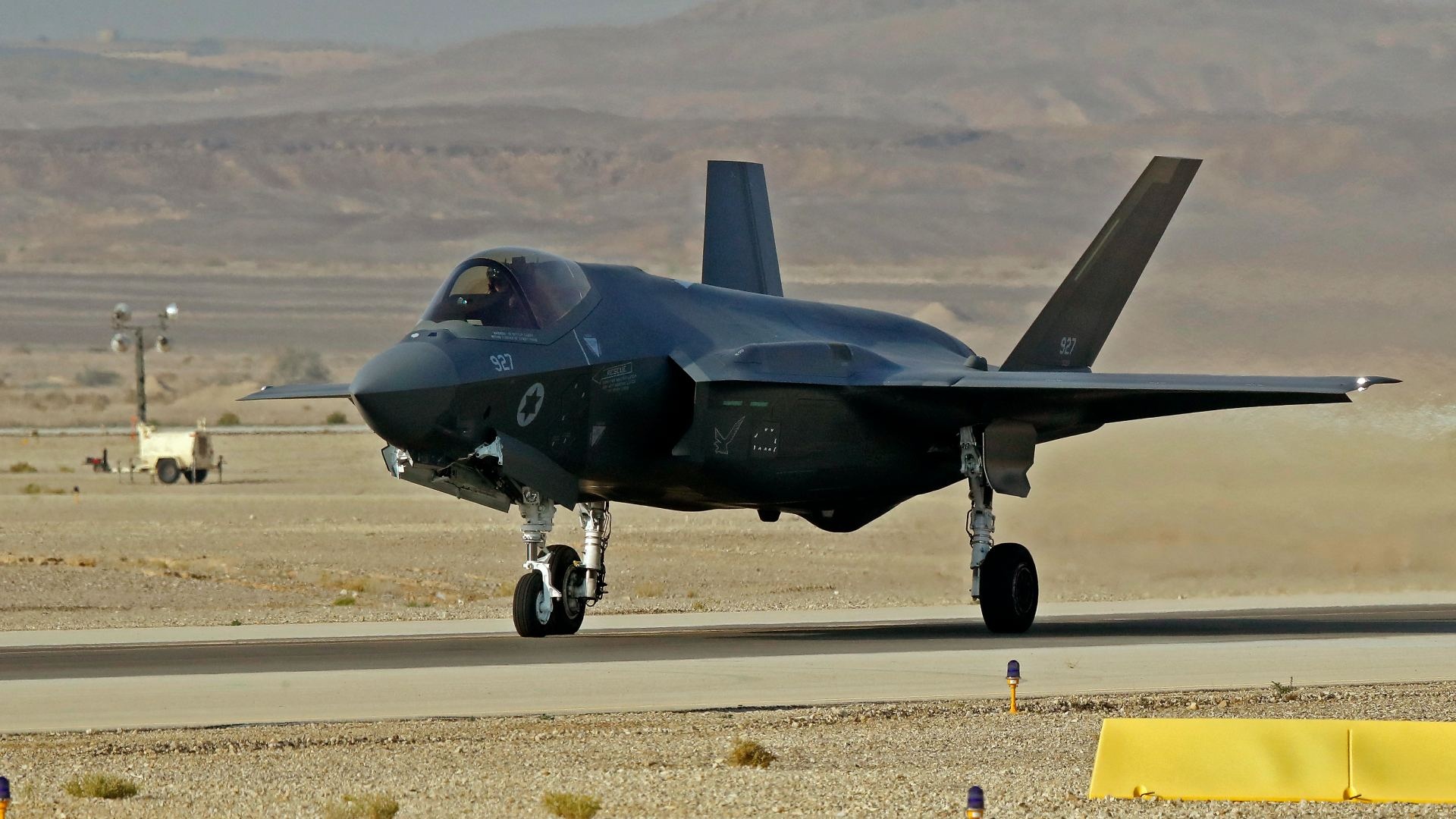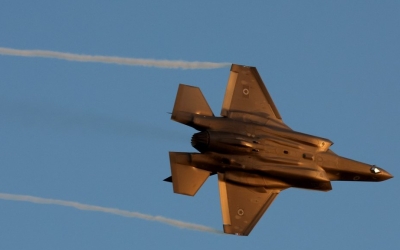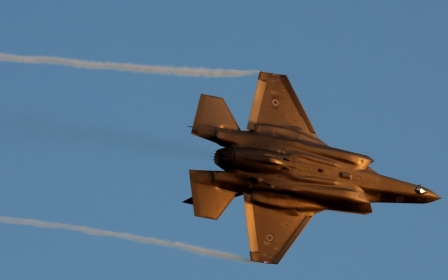UK government feared Israel arms ban would 'undermine US confidence'

The UK's newly elected Labour government continued to export F-35 fighter jet components destined for Israel, despite suspending other arms licences, because of concerns that halting their delivery would “undermine US confidence in the UK and Nato”, the UK's high court has heard.
The revelation came in a written submission from the government’s lawyer for a hearing in the legal challenge brought by two organisations, Al Haq and the Global Legal Action Network, over British arms exports to Israel.
According to the submission from barrister James Eadie, Defence Secretary John Healey advised the Trade Secretary Jonathan Reynolds on 18 July that it would not be possible to suspend licences for the components for Israel’s use “without wide impacts to the whole F-35 programme”.
“Such a suspension of F-35 licensing leading to the consequent disruption for partner aircraft, even for a brief period, would have a profound impact on international peace and security,” Healey advised Reynolds.
“It would undermine US confidence in the UK and Nato at a critical juncture in our collective history and set back relations. Our adversaries would not wait to take advantage of any perceived weakness, having global ramifications.”
New MEE newsletter: Jerusalem Dispatch
Sign up to get the latest insights and analysis on Israel-Palestine, alongside Turkey Unpacked and other MEE newsletters
Six weeks later, the government suspended 30 licences for the export of UK arms to Israel based on a review which showed there was a clear risk they could be used by Israel to violate international humanitarian law (IHL) in Gaza.
According to Eadie's submission, that 2 September decision was made based “on the assessment that Israel is overall not committed to compliance with IHL in Gaza, including in the conduct of hostilities”.
But despite this assessment, the submission says that for the reasons laid out by the defence secretary, it was “determined that there is a good reason to depart” from the criteria normally followed and not suspend exports into the F-35 programme.
"The F-35 Carve Out accepts that there is clear risk that F-35 components might be used to commit or facilitate a serious violation of IHL but determines that in the exceptional circumstances outlined by the defence secretary, these exports should nonetheless continue," the submission said.
On the day the suspension was announced, there were five active licences related to the export of UK-made F-35 parts.
Lack of tracing
When Al-Haq and Glan launched their legal challenge last December, they argued that the UK should ban all arms exports over a clear risk that Israel might use British-made weapons to violate international humanitarian law in Gaza.
But after the Labour goverment's suspension in September, the focus of the case shifted to UK-manufactured F-35 components, which can still be exported through third countries, with Israel as the final destination.
Arms control experts and researchers say Israel has relied on F-35s for a high volume of air strikes in Gaza and, more recently, in Lebanon over the past 13 months. UK-made parts make up 15 percent of the jets.
The government has said it cannot suspend F-35 components exported through third countries without undermining the global F-35 programme, saying that tracking parts across the programme's complex, 20-plus country supply chain is difficult.
Last month, a spokesperson for the F-35 Joint Programme Office told MEE that the F-35 supply chain was capable of “controlling material movement based on part number/configuration” but that no system was in place to do so.
Foreign Secretary David Lammy was asked in Parliament if the government has held conversations with the US government or Lockheed Martin, prime contractor of the F-35, about initiating tracking and tracing, but did not answer.
Along with the case in the UK, legal challenges involving F-35 components destined for Israel have been brought in the Netherlands, Canada and Denmark, all partners in the global programme.
Monday's hearing in London focused on procedural questions, including the scope of the case moving forward, and ended without a definitive conclusion. The next hearing in the case is set for January.
Middle East Eye delivers independent and unrivalled coverage and analysis of the Middle East, North Africa and beyond. To learn more about republishing this content and the associated fees, please fill out this form. More about MEE can be found here.





